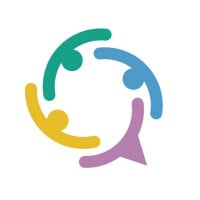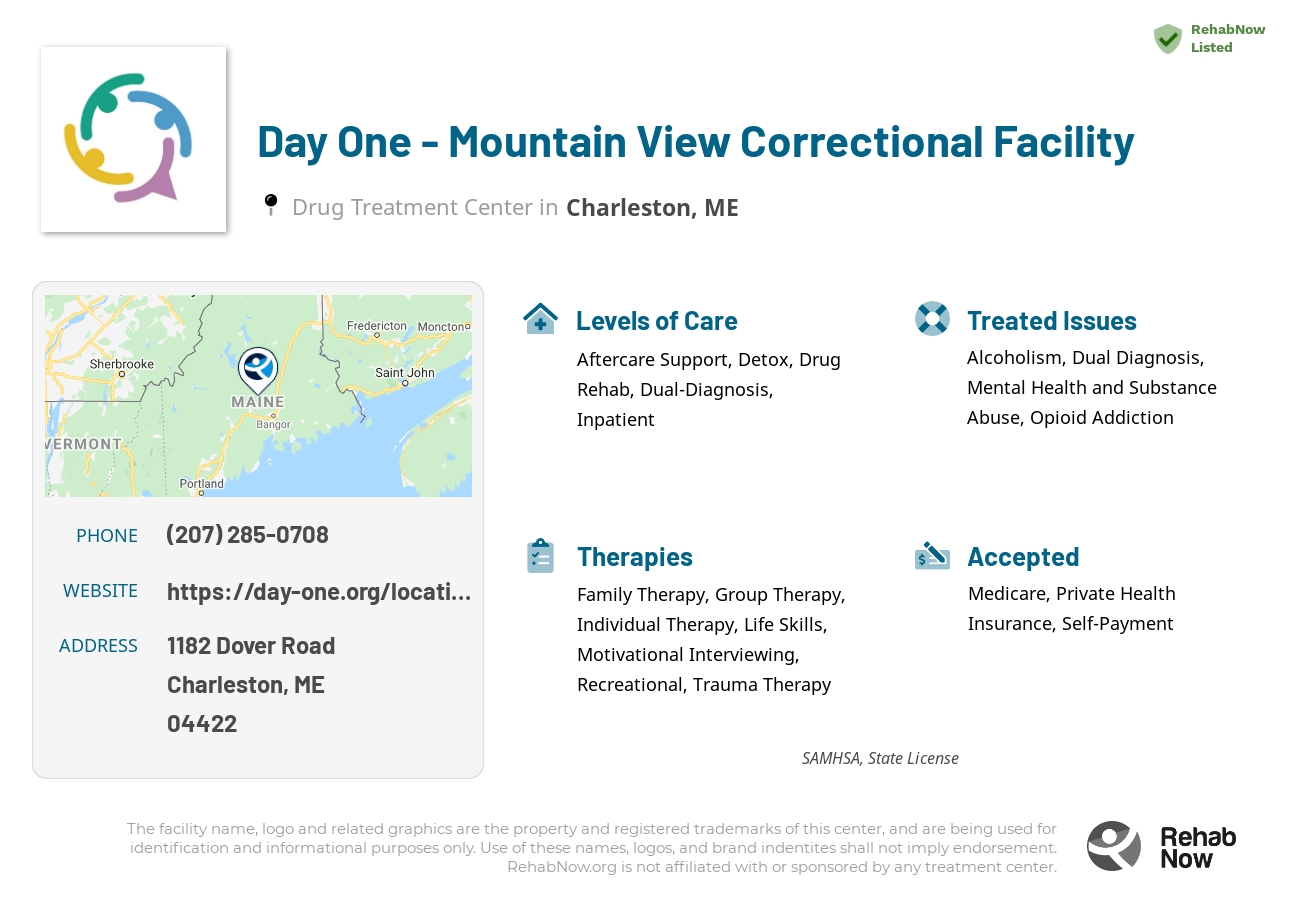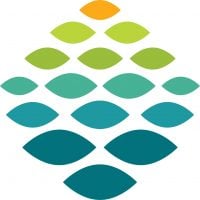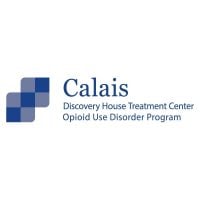Day One - Mountain View Correctional Facility
Drug Rehab Center in Charleston, Maine
Day One-Mountain View Correctional Facility is a nationally accredited private substance abuse treatment center in Charleston, Maine, offering individualized treatment plans and specialized services for those with dual diagnosis or special needs, as well as education, job training, family counseling, and aftercare services.
About This Maine Facility
Day One - Mountain View Correctional Facility, nestled in Charleston, Maine, focuses primarily on substance abuse treatment for incarcerated youth. This facility stands out for its dedication to transforming the lives of Maine's youth by addressing their substance use and mental health challenges. Offering 20 beds, Day One is distinct in offering a comprehensive range of services aimed at fostering recovery and healing.
Accredited by The Joint Commission and licensed by the Maine Department of Health and Human Services, Day One - Mountain View Correctional Facility is recognized for its adherence to high standards. The facility's individualized treatment plans, incorporating evidence-based programming and a full continuum of care, are tailored to meet the specific needs of its clients, ensuring a focused and effective recovery process.
- Comprehensive Mental Health and Substance Use Services: From assessments and evidence-based programming to relapse prevention and aftercare, Day One covers all stages of the treatment and recovery process.
- Specialized Programs for Dual Diagnosis: Catering to those with co-occurring disorders, Day One provides specialized trauma treatment and psychiatric evaluations.
- Award-Winning Quality of Care: The facility's 2020 National Quality Improvement Award highlights its commitment to offering high-quality services, aiding individuals in their journey to sobriety.
Day One - Mountain View Correctional Facility tackles a broad spectrum of addictions, emphasizing individualized care through assessments, individual and group counseling, medication-assisted therapy, and cognitive-behavioral therapy sessions. The levels of care include medically supervised detox, intensive outpatient, and residential programs, addressing the needs at every stage of recovery.
Genders
Ages
Modality
Additional
Accreditations
State License
SAMHSA
Conditions and Issues Treated
Opioid addiction treatment should be done in a medically supervised drug rehab. Opioid addiction treatment will include detoxification and drug rehab counseling to help both the user and their loved ones learn how to live a successful sober lifestyle. Methadone, buprenorphine, and naltrexone are three medications that can help treat opioid addiction. Individual drug rehab counseling sessions can be helpful to discuss any questions or concerns with the drug treatment program.
When addiction and psychiatric issues co-occur, the addict’s recovery is more successful when both conditions are treated. A dual diagnosis refers to a condition in which the patient is diagnosed with two health issues: addiction and bipolar disorder.
Usually, dual diagnosis sufferers are prescribed a combination of treatments for each condition. The most common therapies are psychotherapy, behavioral therapy, spiritual counseling, 12-step programs, and medication management.
Psychiatric conditions are an obstacle to recovery because they can create roadblocks to a healthy lifestyle. Drugs and alcohol may be used as a means of self-medication, which can have dangerous consequences. Over time, addicts build up a tolerance and suffer withdrawal symptoms when drug use is stopped.
With the proper treatment, dual diagnosis sufferers can overcome their conditions and achieve lasting sobriety.
Levels of Care Offered at Day One - Mountain View Correctional Facility
This center offers a variety of custom treatment tailored to individual recovery. Currently available are Aftercare Support, Detox, Drug Rehab, Dual-Diagnosis, Inpatient, with additional therapies available as listed below.
Detoxification is the first step in drug addiction treatment. A controlled environment where symptoms can be managed with medication and close observation is provided by drug detoxification. Detoxification is an essential step in the recovery process, but it is also one of the most dangerous. Due to the potential danger, it’s critical to understand what detoxification is and how to complete it safely.
A detox program helps the person physically withdraw from drugs and helps them track their progress. So, suppose the person isn’t ready for sobriety (or relapses). In that case, the treatment professionals can catch it early and help re-orient them towards recovery.
Inpatient treatment is an option that provides addicts with a supportive environment in which they can stop using. This type of intensive care and supervision is appropriate for those who were unable to quit on their own or need more structure than they could get from outpatient treatment, such as the addict most in need of this level of care.
The goal of inpatient rehab is for the addict to stay focused on sobriety and remain free of mood altering substances. Inpatient treatment programs usually offer the following: detox, therapy groups, one-on-one counseling, medication management and aftercare planning.
Aftercare is a part of drug rehabilitation. It is also known as “post-treatment support.” Aftercare programs are available for addicts after they complete drug rehab. It is often the final step in the recovery process. The goal of aftercare is to ensure that addicts maintain their achievements in rehab and do not relapse. Professionals generally provide aftercare (including addiction therapists, physicians, social workers, psychologists) and involve individual and group therapy sessions.
Therapies & Programs
Individual therapy is a critical component of addiction recovery. It allows the patients to go deep into their core issues and discover how to handle those problems better. Therapy can be conducted in individual sessions as well as group settings. In individual therapy for addiction, the patient meets with their therapist one-on-one to focus on the underlying issues. This allows patients to open up and discuss personal topics they may not feel comfortable discussing in a group setting. This type of therapy can help develop solutions specific to each patient, which helps speed up the recovery process.
Family therapy is a crucial part of drug treatment and getting sober. It is one of the most effective ways to help addicts stay on the path to long-term sobriety. When a drug addict decides that they want to try and get sober, it takes the support of every person they love to succeed. It can be incredibly difficult for loved ones to watch an addict go through the pain and suffering of withdrawal, but by being there with them and supporting them, they can help to make sure that the addiction never returns.
One of the most important parts of family therapy is the relapse prevention plan. During treatment, therapists and doctors will often sit down with the addict and their family to develop a plan in case the addict ever feels like they want to use again. This plan should involve steps the addict and family can take together to prevent them from relapsing in the future. An addict’s family can play a vital part in helping them to avoid relapse because they can spot the warning signs and help them get back on track before it becomes too much of a problem.
Group therapy helps prevent addicts from feeling isolated or unique in their situation by offering a sense of comfort and fellowship. It also creates a forum for addicts to build their support systems and learn from each other. The group therapy sessions at Day One - Mountain View Correctional Facility occur in a group setting rather than one-on-one to create a safer, controlled environment where addicts feel comfortable.
Trauma therapy helps people dealing with addiction by allowing them to confront the traumas of their past and move past them. It is important to note that trauma therapy should not be confused with PTSD (post-traumatic stress disorder) Rather, it is used to treat the effects of trauma, which are often at the root of addiction.
Cognitive Behavioral Therapy (CBT) is a common therapeutic approach to help drug addicts. It teaches addicts new ways of thinking and behaving so that they can avoid relapse. There are several forms of CBT used in drug rehabilitation centers.
Cognitive Restructuring helps addicts identify faulty, negative thinking so that they can work together with the therapist to find healthier ways of thinking, resulting in better decision-making.
Cognitive Behavioral Therapy for Addiction uses the principles of CBT to help treat addiction. It focuses on specific aspects of each person’s thinking, feeling, physiology, and behavior. It aims to identify specific problems in these areas and create a personalized treatment strategy.
The best drug treatment centers offer various services to help addicts learn how to live without drugs. Since addiction is a chronic physical and mental illness, addicts need to learn as many life skills as possible to help them stay clean and sober.
Many drug treatment centers like Day One - Mountain View Correctional Facility offer life skills activities as part of their addiction recovery programs. Examples include cooking classes, employment training, resume writing seminars, parenting classes, and computer training. When addicts have various life skills to lean on, they’re better equipped to put their addiction behind them for good.
The primary goal of life skills activities at drug treatment centers like Day One - Mountain View Correctional Facility is to help addicts recover from addiction and learn how to live a useful, productive life. Life skills activities help addicts find employment, take care of their families, and give back to the community. After learning about these various life skills, addicts are better prepared to return to society and lead happy healthy lives.
Payment Options Accepted
For specific insurance or payment methods please contact us.
Is your insurance accepted?
Ask an expert, call (888) 674-0062
Day One Associated Centers
Discover treatment facilities under the same provider.
- Day One - Outpatient Services in South Portland, ME
- Day One - Hinckley in Hinckley, ME
- Day One - Hollis Center in Hollis Center, ME
- Day One - Buxton in Buxton, ME
- Day One - Preble Street Teen Center in Portland, ME
Learn More About Day One Centers
Additional Details
Specifics, location, and helpful extra information.
Charleston, Maine 4422 Phone Number(207) 285-0708 Meta DetailsUpdated April 15, 2024
Staff Verified
Patient Reviews
There are no reviews yet. Be the first one to write one.
Charleston, Maine Addiction Information
Prescription opioid abuse is the most common form of substance abuse in Maine. More than 10% of these residents have also admitted to using prescription drugs for non-medical purposes. Between 2013 and 2014, 4 out of every 5 deaths in Maine were caused by illicit drugs. One in five high school students in Maine uses marijuana every single month.
Treatment in Nearby Cities
- Scarborough, ME (120.7 mi.)
- Surry, ME (50.4 mi.)
- Skowhegan, ME (38.1 mi.)
- Old Orchard Beach, ME (126.1 mi.)
- South China, ME (53.6 mi.)
Centers near Day One - Mountain View Correctional Facility
The facility name, logo and brand are the property and registered trademarks of Day One - Mountain View Correctional Facility, and are being used for identification and informational purposes only. Use of these names, logos and brands shall not imply endorsement. RehabNow.org is not affiliated with or sponsored by Day One - Mountain View Correctional Facility.










